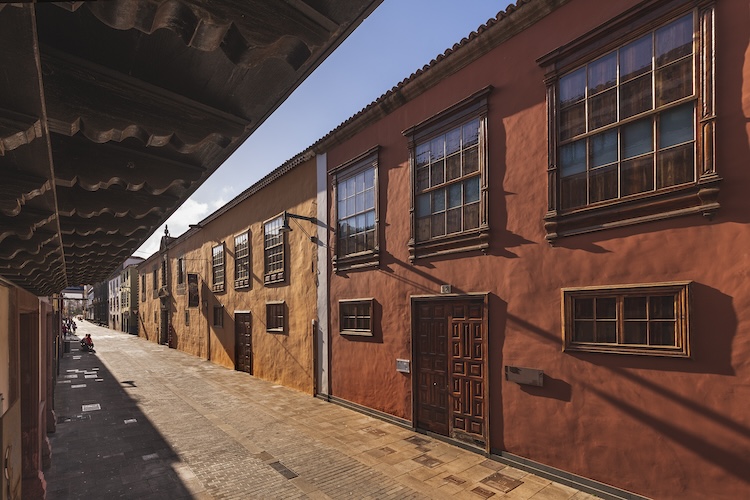La Laguna will be present this week at the 17th International Congress on the Rehabilitation of Architectural and Built Heritage, which brings together experts from around the world in the field in the city of Jaén. The conference will be held on 29, 30 and 31 October at the International Museum of Iberian Art, organised by the International Federation of CICOP Centres and the CICOP Spain Association.
The mayor of La Laguna, Luis Yeray Gutiérrez, will attend this international meeting “which will address, from different perspectives, issues common to historic cities, such as the criteria for the conservation and restoration of our built heritage. La Laguna has an added responsibility due to its status as a UNESCO World Heritage City, as well as being home to the CICOP headquarters in Spain, so we could not fail to attend this Congress”.
The 17th International Congress aims to promote awareness of the innovations developed over more than three decades by the International Centre for the Conservation of Heritage in Spain, while facilitating technical and cultural exchanges between the participating countries.
Alongside the plenary sessions, there will be seven international workshops on topics such as risk prevention in urban environments of heritage interest; the conservation of movable heritage; the future challenges facing World Heritage cities and sites; and the management of cultural heritage in sites and places of heritage interest, among others.
In addition, a series of lectures will be given by renowned specialists on topics such as collective values and milestones in cultural heritage; risk prevention, cases and solutions in urban heritage centres; the challenges of World Heritage; and technical research in the service of museum restoration and conservation, with examples applied to different places around the world.
The conservation of cultural heritage and the different forms of intervention have become established as alternatives to the traditional concept of “preservation”. A multidisciplinary approach, research and technology have shaped the theoretical debate of the last decade, producing spectacular advances in different methodologies, criteria and specific experiences, with highly effective results in the conservation and management of cultural heritage.



